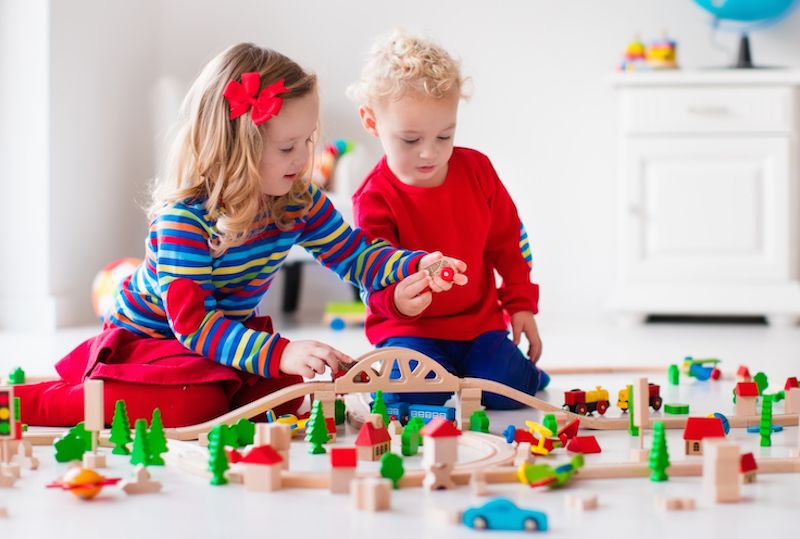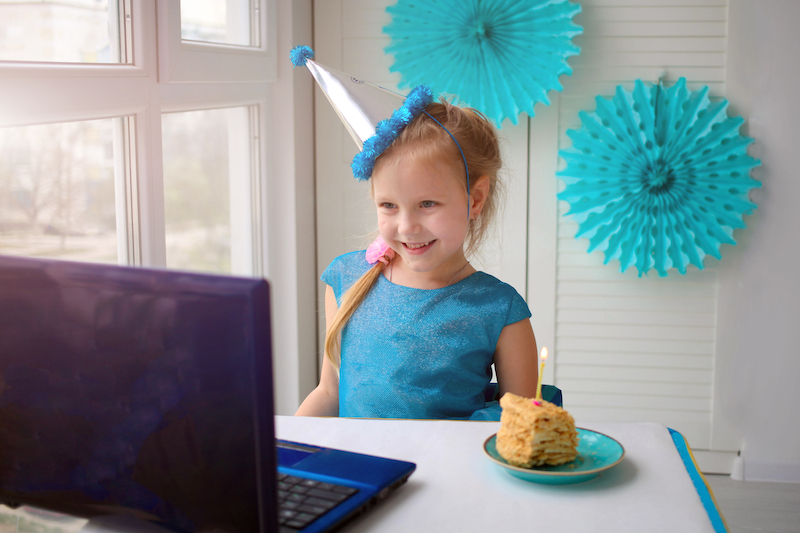

Social contact and routine are the main things that children have lost from not being able to go to school and socialise with friends, according to a Consultant Clinical Psychologist.
Dr James Murray, Head of Profession to Psychology for HSC, said socialising with other children is a vital part of a child's development during their formative years.
However, lockdown measures have led to children having to learn in the isolation of their homes, in addition to the closure of activity groups, sports clubs and other youth schemes and organisations during the pandemic.
That has created a loss of routine, recreation and social time for many youngsters, which Dr Murray said is a concern for children's mental wellbeing.
"One thing we know from pyschology is that routine is important. Social contact with other children is also incredibly important for their overall development socially, cognitively and for their mental health, and for most children that has now completely stopped."
"For some children that may not be too bad. For example, my children are seven and ten, they get on reasonably well with each other, and they have a garden they can play in. But for others who don't have that, they may find themselves pretty isolated."
In the absence of social time, some children have been making use of technology to keep in touch with their friends.

Pictured: Some children have been have had to have 'virtual' birthday parties because of the current lockdown restrictions.
One thing Dr Murray suggested was to make sure children have the opportunity for "good quality play time" in order to keep their brains stimulated, use their imagination and "make sure that need is catered for".
He acknowledged that the current situation has presented new challenges for parents, ranging from home schooling to having to explain to children why they can no longer do things they like and are used to doing.
"There are challenges in explaining it [the current situation] to children of all ages," said Dr Murray. "Older teenagers have more elaborate anxieties and worries and tend to require a more sophisticated explanation.
"For a very young children it is a very simple message. For a two-year-old, for example, it might be why you can’t visit granny and granddad when you normally do, or why you can’t play on the swing at the park."
For parents or relatives concerned about a child or young person's mental wellbeing at this time, HSC's psychology team has vetted a number of support services which can provide support.
More information on these are available through the government website by clicking HERE.
Comments
Comments on this story express the views of the commentator only, not Bailiwick Publishing. We are unable to guarantee the accuracy of any of those comments.